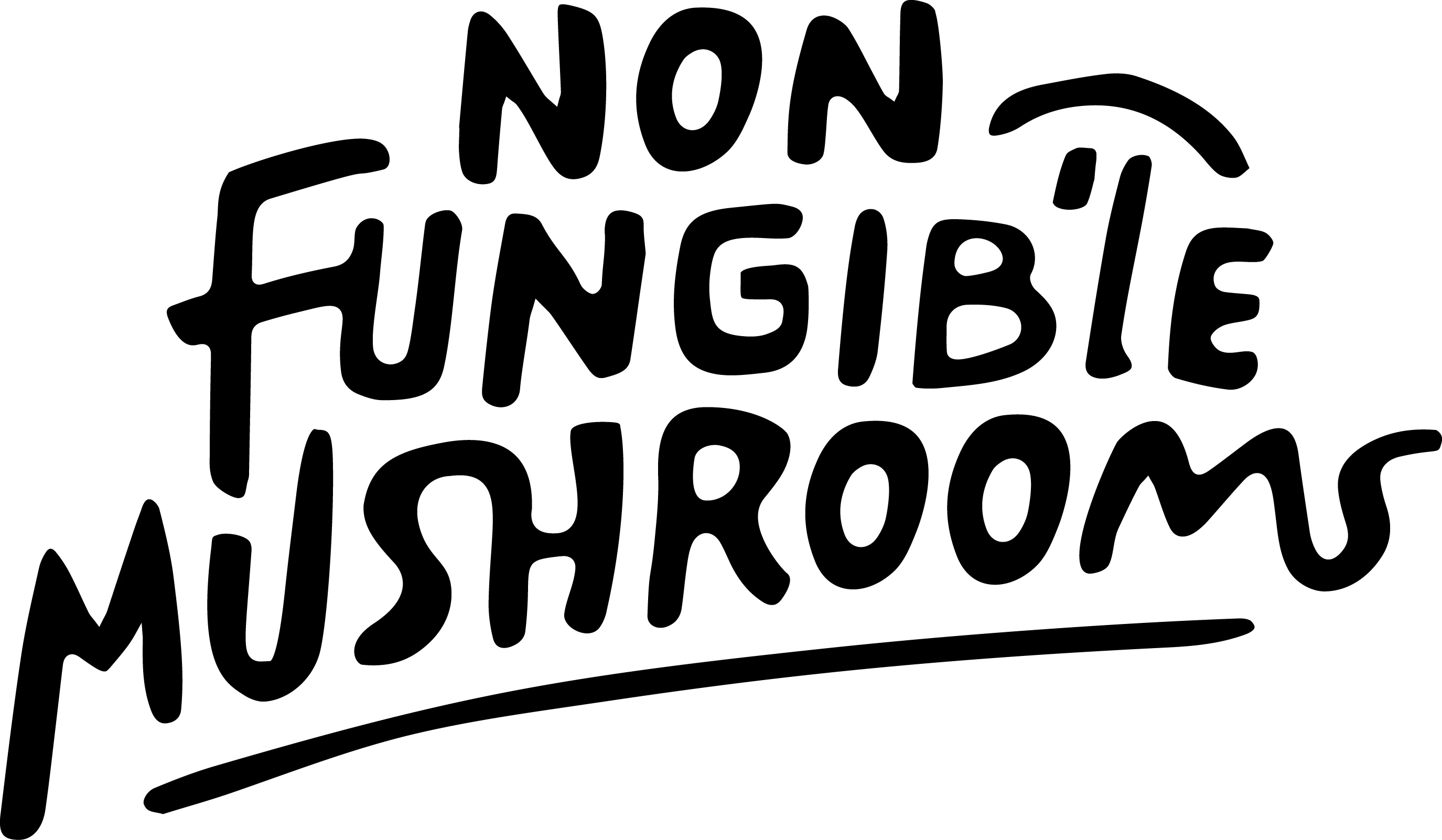

Many people are searching for natural ways to improve their rest, often asking, "does lion's mane help with sleep?" This is a really common question, especially for those looking for gentle support for their nightly routine. While lion's mane mushroom is widely celebrated for its cognitive-boosting properties, its potential role in sleep quality is also gaining attention. It is not a sedative in the traditional sense, so it won't knock you out like some sleep aids. Instead, the connection between lion’s mane and sleep often revolves around its ability to address underlying factors that can disrupt restful nights.
For example, some individuals find that stress and anxiety significantly interfere with their ability to fall asleep and stay asleep. Lion’s mane is an adaptogen, which means it helps your body adapt to stress. By potentially reducing feelings of stress and promoting a more balanced mood, it might create a more conducive environment for sleep. Think of it less as a direct sleep inducer and more as a supporter of the body's natural relaxation processes. This indirect effect can be incredibly beneficial for those whose minds race at bedtime. Understanding the full spectrum of lion’s mane sleep benefits means looking beyond just falling asleep faster. It is about fostering a state of calm that allows for deeper, more restorative rest. We at Non Fungible Mushrooms are dedicated to exploring all the ways functional mushrooms can enhance your well-being, providing natural solutions to common challenges. We offer products like our Reishi Mushroom Supplement for Sleep which specifically targets sleep support, and our Mushrooms for Anxiety and Depression which may help calm the mind, further complementing your quest for improved rest.
When considering "does lion's mane help with sleep," it’s important to clarify that lion’s mane mushroom typically does not have a direct sedating effect like a traditional sleep aid. You won't feel drowsy immediately after taking it. Instead, its impact on rest is often described as a calming one, working more subtly to create an environment conducive to sleep. This distinction is crucial for understanding the true lion’s mane sleep benefits. Many users report feeling a sense of mental clarity and reduced anxiety when incorporating lion's mane into their daily routine. For individuals whose sleep is frequently disturbed by an overactive mind, excessive worrying, or general feelings of unease, this calming effect can be profoundly helpful.
The adaptogenic properties of lion's mane play a key role here. Adaptogens help the body manage stress and maintain balance, or homeostasis. By moderating the body’s response to stress, lion's mane might help reduce the physiological arousal that keeps some people awake. This means it helps quiet the "noise" in your head, allowing you to transition into sleep more smoothly. So, while it doesn't directly induce sleep, it helps set the stage for it. This makes it a valuable option for those who find their minds racing when they should be winding down. The feeling is less about being "knocked out" and more about gently easing into a state of relaxation where sleep can naturally occur. Many ask, "does lion’s mane improve rest?" and the answer is that it often does so by addressing the root causes of restless nights. We at Non Fungible Mushrooms understand the desire for peaceful sleep, and our range of functional mushroom products, like the Restore Relax Bundle, are designed to support your body's natural ability to find calm and rest.
The timing of your lion’s mane intake can influence how you experience its lion’s mane sleep benefits. Since "does lion's mane help with sleep" is often about indirect support rather than direct sedation, taking it too close to bedtime might not be the most effective strategy for everyone. Instead, many users find it beneficial to incorporate lion's mane earlier in the day.
Here are some common approaches to timing:
Morning: Taking lion’s mane in the morning or early afternoon can help support cognitive function and stress management throughout the day. By promoting mental clarity and reducing daily stress, it may indirectly lead to a calmer mind by evening, making it easier to wind down. This approach helps set a baseline of calm that carries over into your sleep cycle. We offer products like our Life Daily Mushroom Supplements that are perfect for morning integration into your routine.
Early Evening: Some individuals prefer to take lion’s mane a few hours before bedtime, perhaps with their evening meal. This allows time for its adaptogenic effects to settle in and for any potential stimulating effects on brain activity (though typically mild) to subside before you try to sleep. This timing works for those who find that it helps quiet an active mind as the evening progresses.
Ultimately, the best time to take lion’s mane for sleep support is highly individual. It requires a bit of experimentation to see how your body responds. Start with a morning dose for a few days, then try an early evening dose, noting any differences in your sleep quality. The goal is to find the timing that best contributes to the feeling of improved rest. We at Non Fungible Mushrooms encourage you to listen to your body and adjust as needed. Remember, consistency is often more important than precise timing when it comes to experiencing the full range of benefits from adaptogenic mushrooms. Our commitment is to provide you with the highest quality products to support your wellness journey, helping you understand how does lion’s mane improve rest in your own life. You might find that combining it with other natural sleep aids, like those found in our Restore Relax Bundle, further optimizes your nightly routine.
Many individuals share their experiences when asking, "does lion's mane help with sleep?" The feedback regarding lion’s mane and sleep quality is varied, but a common theme emerges: it's often linked to improved overall well-being rather than acting as a direct sedative. People frequently report feeling a greater sense of calm and a reduction in daily stress when they consistently incorporate lion's mane into their routine. This calmer state of mind is a significant factor in promoting more restful sleep. Instead of saying it "puts them to sleep," users often describe that their minds feel less "busy" or "noisy" at bedtime, making it easier to drift off naturally. This mental quietness is a crucial lion’s mane sleep benefit for those whose primary sleep challenge is an overactive brain.
Some users specifically note that their dreams become more vivid or that they experience deeper sleep cycles, although this is more anecdotal. The general consensus from user reports isn't that lion's mane forces sleep, but rather it creates a more optimal internal environment for sleep to occur organically. For example, if your sleep is disrupted by feelings of tension or worry, the adaptogenic properties of lion's mane may help mitigate these feelings, allowing for a more peaceful transition into rest. It's about a foundational support for your nervous system, which in turn benefits your sleep architecture. Understanding if and how does lion’s mane improve rest for you might involve paying attention to your overall stress levels and mental clarity throughout the day. We at Non Fungible Mushrooms gather this kind of feedback to better tailor our offerings. We provide products like our Restore Relax Bundle, specifically designed to promote a sense of calm that can lead to better sleep. We encourage you to try our products and experience these potential benefits for yourself.
When people consider "does lion's mane help with sleep," a common follow-up question is whether it can replace established sleep aids like melatonin. It's important to clarify that lion's mane mushroom is fundamentally different from melatonin or typical over-the-counter sleep medications. Melatonin is a hormone that regulates your sleep-wake cycle, directly signaling to your body when it's time to sleep. Many conventional sleep aids work by directly affecting neurotransmitters to induce drowsiness or sedation. Lion's mane, on the other hand, does not directly act as a hypnotic or a sedative. Its primary mechanism regarding sleep is thought to be indirect, by supporting the nervous system and potentially reducing stress and anxiety, which are common barriers to restful sleep.
Therefore, lion's mane should not be considered a direct replacement for melatonin or prescribed sleep aids, especially if you have a diagnosed sleep disorder or rely on these substances for severe insomnia. The lion’s mane sleep benefits are more about fostering an environment of calm and mental balance that allows for natural sleep to occur, rather than forcing it. If you are currently using melatonin or other sleep medications, we strongly recommend consulting with a healthcare professional before making any changes to your regimen. They can provide personalized advice based on your specific health needs. However, for those seeking a natural, complementary approach to improve their overall sleep quality by addressing underlying stress or an overactive mind, lion's mane can be a valuable addition. The question of "does lion’s mane improve rest?" is more about holistic well-being than a quick fix. We at Non Fungible Mushrooms focus on providing natural solutions for overall health. Our Reishi Mushroom Supplement for Sleep is designed to support relaxation, and many find it a harmonious addition to their evening routine, working alongside their existing wellness practices.
For individuals grappling with sleep disorders such as insomnia, the question, "does lion's mane help with sleep?" takes on particular significance. It is crucial to manage expectations and understand lion's mane's role in the context of clinical sleep conditions. While lion's mane is not a prescribed treatment for insomnia, its indirect lion’s mane sleep benefits can be quite supportive for some individuals whose insomnia is rooted in stress, anxiety, or an overactive mind. Insomnia often manifests as difficulty falling asleep, staying asleep, or experiencing non-restorative sleep, and stress is a well-known exacerbating factor. By helping the body manage stress and promoting a sense of calm, lion's mane might create conditions that are more conducive to sleep.
It's important to reiterate that lion's mane is not a substitute for medical diagnosis or treatment of sleep disorders. If you suspect you have insomnia or any other sleep disorder, consulting a healthcare professional is the first and most important step. They can provide an accurate diagnosis and recommend appropriate treatments. However, as part of a broader wellness strategy, incorporating lion's mane might offer complementary support. For example, if your insomnia is linked to racing thoughts at night, the cognitive calming effects of lion's mane could potentially help quiet your mind. The ongoing research into functional mushrooms continues to reveal fascinating connections between adaptogens and overall physiological balance. So, does lion’s mane improve rest for those with insomnia? For some, by fostering a state of relaxation and reducing mental chatter, it may certainly contribute to better sleep quality. At Non Fungible Mushrooms, we are committed to offering natural products that can be a valuable part of your holistic health journey, providing tools to support your body’s natural rhythms. Our Mushrooms for Anxiety and Depression are designed to promote emotional balance, which can indirectly aid in achieving more peaceful sleep, further positioning us as a solution for your wellness needs.